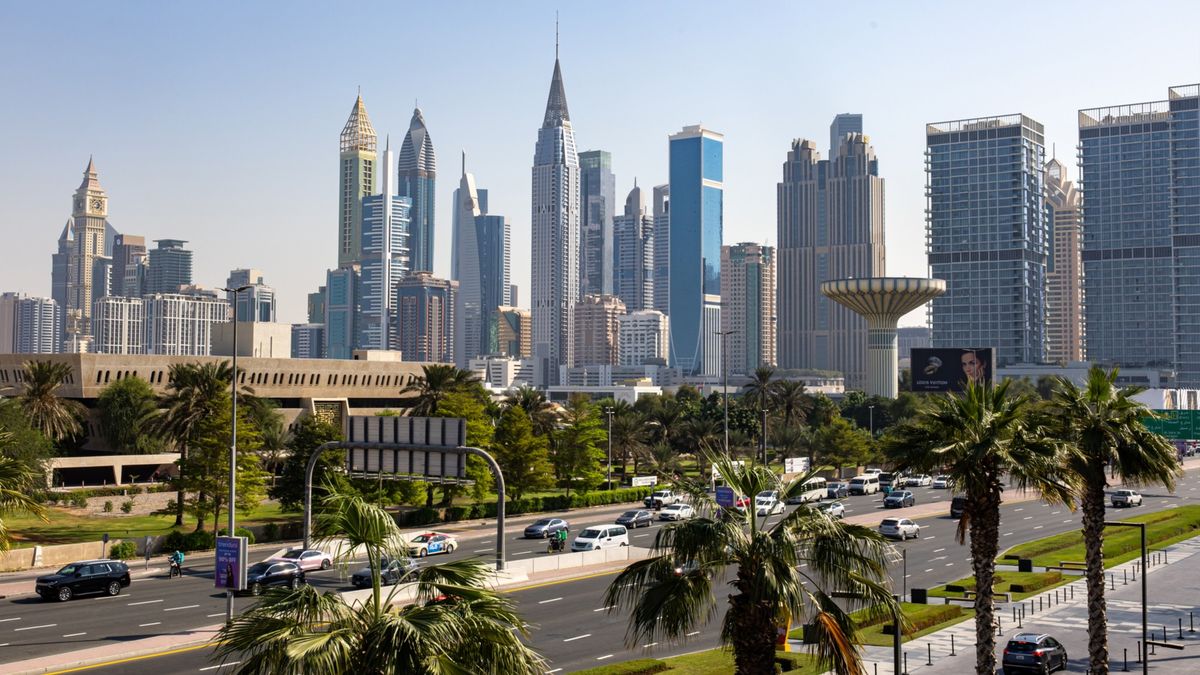Dubai’s Transformation: A New Chapter in Global Urban Development
Dubai’s transformation from a modest trading port to a global city is a remarkable narrative of ambition, innovation, and resilience. Once known for its pearl diving and fishing, Dubai has redefined urban landscapes, emerging as a beacon of modernity and a model for future urban developments worldwide. This article delves into the key factors driving this extraordinary transformation and examines the implications for cities across the globe.
The Historical Context of Dubai’s Transformation
To truly appreciate Dubai’s metamorphosis, it’s essential to understand its historical context. The early 20th century saw Dubai as a small fishing village with a population of around 20,000. The discovery of oil in the late 1960s marked a turning point, providing the financial resources necessary for rapid development. However, Dubai’s leaders recognized early on that reliance on oil alone was unsustainable. Hence, they diversified the economy, emphasizing trade, tourism, and real estate.
The establishment of free zones, like the Jebel Ali Free Zone in 1985, attracted foreign investments and businesses, setting the stage for Dubai’s evolution into a global trade hub. This strategic decision demonstrated foresight, laying the groundwork for the city’s future as a center for international commerce.
Key Factors Driving Dubai’s Urban Development
Dubai’s transformation can be attributed to several pivotal factors:
- Visionary Leadership: The Al Maktoum family’s leadership has been instrumental in Dubai’s growth. Sheikh Mohammed bin Rashid Al Maktoum, the current ruler, has been a driving force behind many ambitious projects, advocating for innovation and a global outlook.
- Strategic Location: Positioned at the crossroads of Europe, Asia, and Africa, Dubai’s geographical advantages have made it an ideal hub for trade and tourism. The city has capitalized on its location to develop state-of-the-art logistics and transportation infrastructure.
- Diverse Economy: Beyond oil, Dubai has cultivated sectors such as tourism, finance, real estate, and technology. This diversification has provided resilience against economic fluctuations, allowing the city to thrive even in challenging times.
- Innovative Architecture: The skyline of Dubai is dotted with architectural marvels, including the Burj Khalifa, the tallest building in the world. These iconic structures not only symbolize the city’s ambition but also attract millions of tourists each year.
- Global Events and Tourism: Hosting events like the Dubai Shopping Festival and Expo 2020 has further established Dubai as a premier tourist destination, drawing visitors from around the globe and bolstering the local economy.
The Architectural Marvels of Dubai
Dubai’s skyline is a testament to its rapid urban development and architectural ingenuity. The city’s buildings are not just structures; they are statements of ambition and creativity.
- Burj Khalifa: Standing at 828 meters, this skyscraper is a global icon and a symbol of Dubai’s aspirations. Its design, inspired by Islamic architecture, showcases the city’s blend of tradition and modernity.
- The Palm Jumeirah: An artificial archipelago that resembles a palm tree, this project is a remarkable feat of engineering. It has transformed the coastline and created a luxurious residential area.
- Dubai Marina: This man-made marina features a stunning skyline and is one of the most sought-after residential areas in the city, embodying the lavish lifestyle associated with Dubai.
These architectural wonders have not only redefined the city’s landscape but have also set a benchmark for urban development worldwide, inspiring cities to think creatively about their own growth and identity.
The Sustainability Challenge
As Dubai continues to grow, it faces the challenge of sustainability. Rapid urbanization often comes at the expense of the environment, and this is a concern that Dubai’s leaders are increasingly addressing. Initiatives aimed at promoting sustainability include:
- Green Building Regulations: Dubai has implemented regulations that encourage eco-friendly construction practices and energy-efficient buildings.
- Renewable Energy: The Dubai Clean Energy Strategy 2050 aims to produce 75% of the city’s energy from renewable sources by 2050, showcasing a commitment to a sustainable future.
- Public Transportation: The expansion of public transport networks, including the Dubai Metro and tram systems, aims to reduce traffic congestion and lower carbon emissions.
By prioritizing sustainability, Dubai is setting an example for other cities grappling with similar challenges, demonstrating that urban development can coexist with environmental stewardship.
Implications for Global Urban Development
Dubai’s journey offers valuable lessons for cities worldwide. The city has demonstrated that with visionary leadership, strategic planning, and a willingness to embrace change, urban areas can evolve dramatically. Key implications for global urban development include:
- Importance of Diversification: Cities should not rely solely on one industry; diversifying the economy makes urban centers more resilient to economic downturns.
- Embracing Technology: Integrating smart technologies into urban planning can enhance efficiency and improve the quality of life for residents.
- Focus on Sustainability: As urban populations grow, the need for sustainable practices becomes paramount. Cities must adopt eco-friendly strategies to ensure a livable future.
The Future of Dubai and Global Urban Development
Looking ahead, Dubai’s transformation is far from over. With the ongoing development of projects like the Museum of the Future and the Dubai Creek Tower, the city continues to push the boundaries of what is possible in urban design. As it expands, Dubai remains committed to innovation and sustainability, ensuring it stays at the forefront of global urban development.
In conclusion, Dubai’s evolution from a small trading port to a dynamic global city exemplifies the power of vision, adaptability, and strategic investment. As cities around the world grapple with their own development challenges, Dubai stands as a testament to the potential of urban transformation, inspiring a new chapter in global urban development.
See more Business Focus Insider Team

